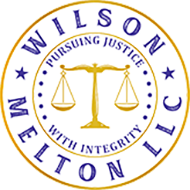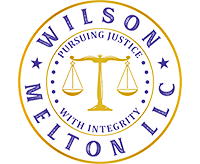In the United States, there are legal safeguards in place to protect employees who report business misconduct. These laws are designed to encourage individuals to come forward with information about illegal activities or unethical behavior within their organizations.
Understanding your rights can help you protect them if you report business misconduct.
Reporting misconduct
Employees are often encouraged to report misconduct through internal channels, such as company hotlines, or directly to their supervisors. In some cases, whistleblowers may also report misconduct to government agencies or regulatory bodies.
Retaliation
One of the main concerns for employees who want to report misconduct is the fear of retaliation. Retaliation can come in various forms, including termination, demotion, harassment or a hostile work environment. Whistleblower protection laws are meant to prevent such actions and to hold violators accountable for engaging in them despite their unlawful nature.
Conditions and exceptions
It’s important to note that there may be conditions and exceptions to whistleblower protection laws. For instance, if an employee makes a false report maliciously, they may not be protected. Additionally, employees in certain sensitive positions, such as national security or law enforcement, may have different rules regarding reporting misconduct.
Seeking legal assistance
If you are facing the possibility of reporting business misconduct or have already done so and are concerned about retaliation, it’s advisable to consult legal counsel with experience in employment law. They can help with your specific situation and better ensure that your rights are protected.
The best way to protect yourself from retaliation is to know your rights and speak up for yourself if you are punished for doing the ethical thing. Make sure to document each step and what happens, which can be beneficial if your employer attempts to punish you for your actions.

